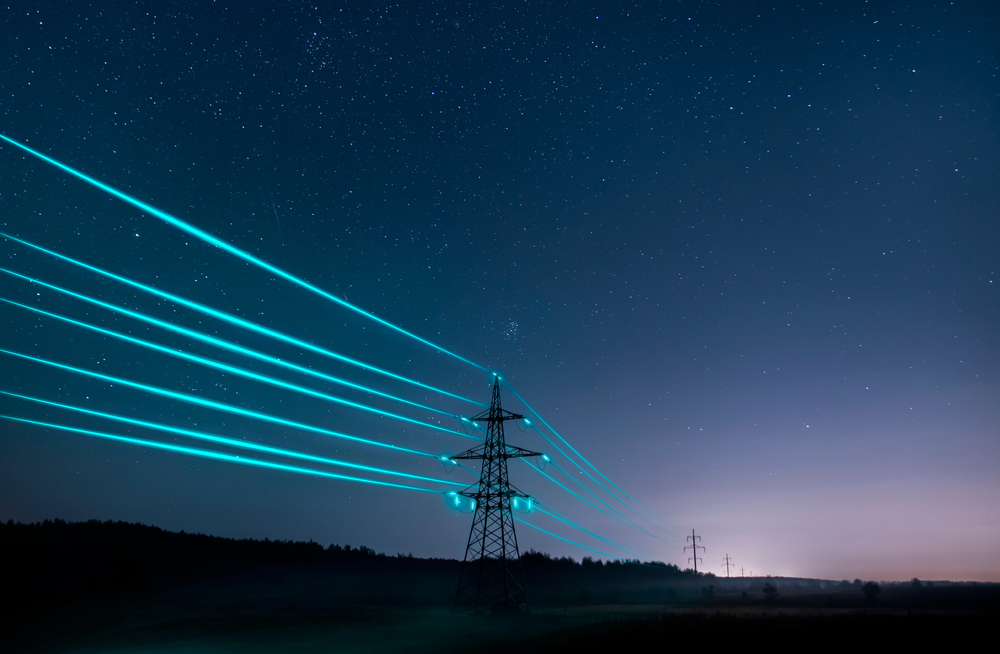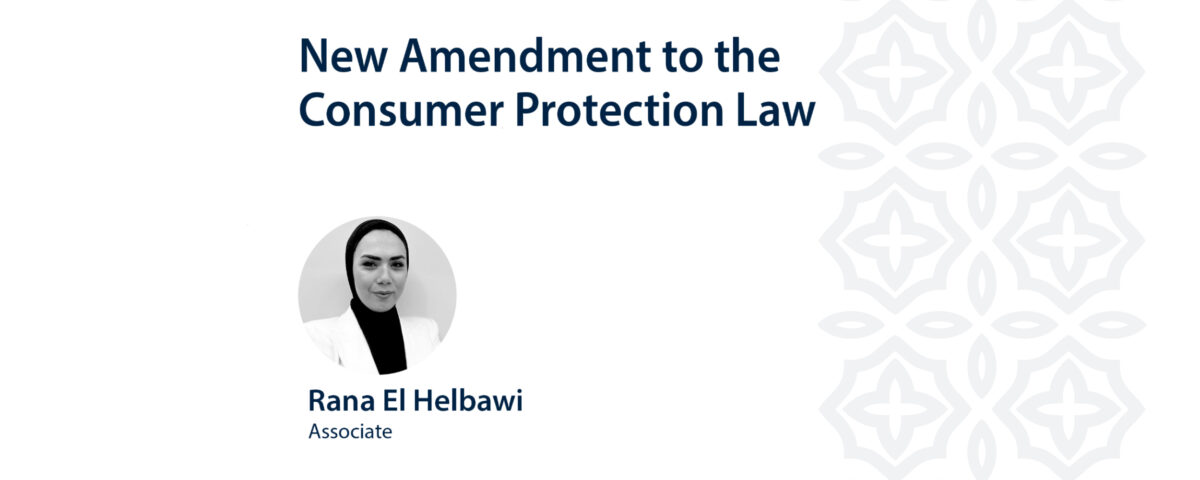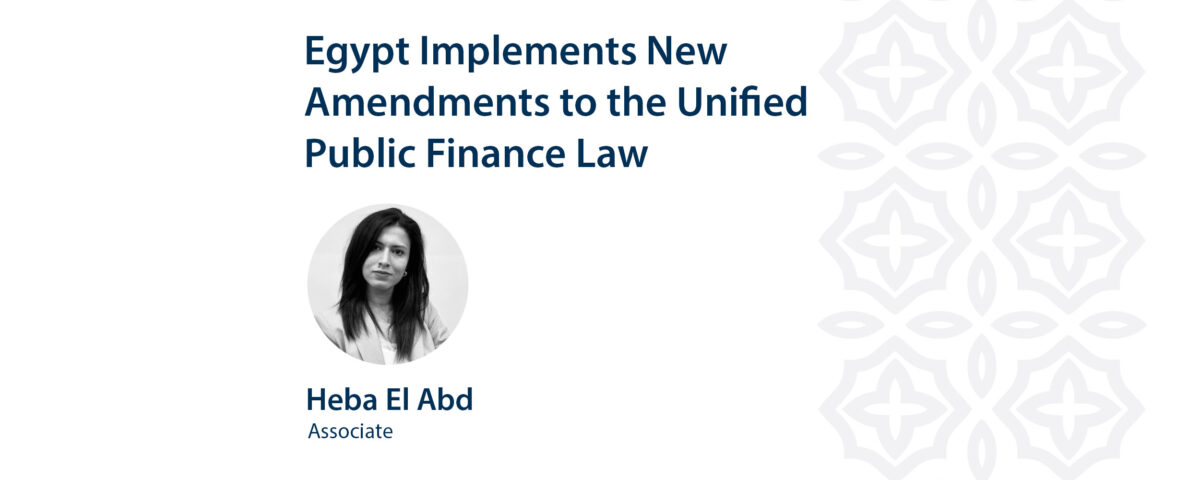
Cabinet Decree on the Use of Lands for Establishing Projects to Produce Electrical Energy from Renewable Energy Sources
On September 18, 2023, the Egyptian Cabinet (the “Cabinet”) issued Decree No. 54 of 2023 regarding the implementation of the regulatory rules on licensing the use of lands necessary for establishing projects to produce electrical energy from renewable energy sources (the “Decree”).
The Decree highlights Egypt’s emergent role over the past years as a leading country in the field of utilizing renewable energy sources in electricity production in the Middle East and Africa. The Decree also highlights the Supreme Council of Energy’s adoption of a renewable energy strategy which aims to contribute to renewable energy at a rate of 42% of the total electrical energy produced by 2030. Egypt’s role is also currently a pivotal center for projects to produce green hydrogen and its derivatives using renewable energy.
According to the Decree, the implementation standards of the renewable energy electricity production project are highlighted, whereby lands are made available for the establishment of the aforementioned renewable energy projects in application of Egypt’s plan in this regard. It is worth noting that Law No. 203 of 2014 regarding the promotion of the production of electricity from renewable energy sources (the “Promotion of Electrical Production from Renewable Energy Sources Law”) specifies the standards of executing the production of electrical energy from renewable energy sources, which includes, inter alia, the establishment of electricity production plants from renewable energy with the commitment of the Egyptian Electricity Transmission Company (the “Transmission Company“) to purchase renewable energy, which may be achieved through two projects: (i) projects under the competitive tender system; and (ii) projects in partnership with the New and Renewable Energy Authority (the “Authority”) or the feed-in tariff system.
In addition, the Decree sets out the plot of land licensing rules and procedures. Plots of land for the aforementioned standards are made available for an annual fee of a minimum two percent (2%) of the value of the energy produced according to various cases and in application to the Promotion of Electrical Production from Renewable Energy Sources Law, such as the establishment of a renewable energy project by virtue of the publication of a competitive tender and the selection of the plot of land on which the project will be established.
In the event that the Authority announces the availability of a plot of land for the establishment of a renewable energy project with a specific capacity by the bidding system, and a comparison is made between investors on the basis of a ratio against the usufruct right, the phases of land allocation under the usufruct system are as follows: (i) preparation for the land usufruct license, which requires the investor to provide a security deposit for the usufruct amounting to ten percent (10%) of the value of the usufruct agreement for first three (3) years; (ii) usufruct licensing establishment, whereby the project company shall complete financial closures and pay all fees and expenses related to the project’s plot of land; (iii) the establishment phase, which constitutes, inter alia, installation of the power plant and signature of a network connection agreement with the Transmission Company; (iv) commercial operation of the renewable energy plant, the duration of which is twenty-five (25) years; and (v) the end of project duration, which obliges the project company to hand over the land to the Authority upon the expiry of the usufruct agreement, with the removal of all equipment and facilities within a period of three (3) months.
In some cases, the usufruct license may be revoked, for example, in the event of failure to obtain a license, use of the plot of land for purposes other than those for which it is intended and/or failure to complete the implementation of the plant within the timeframe agreed upon between the investor and the Authority.
Related Briefings
Egypt Implements New Amendments to the Unified Public Finance Law
- Briefings
- Energy & Electricity












